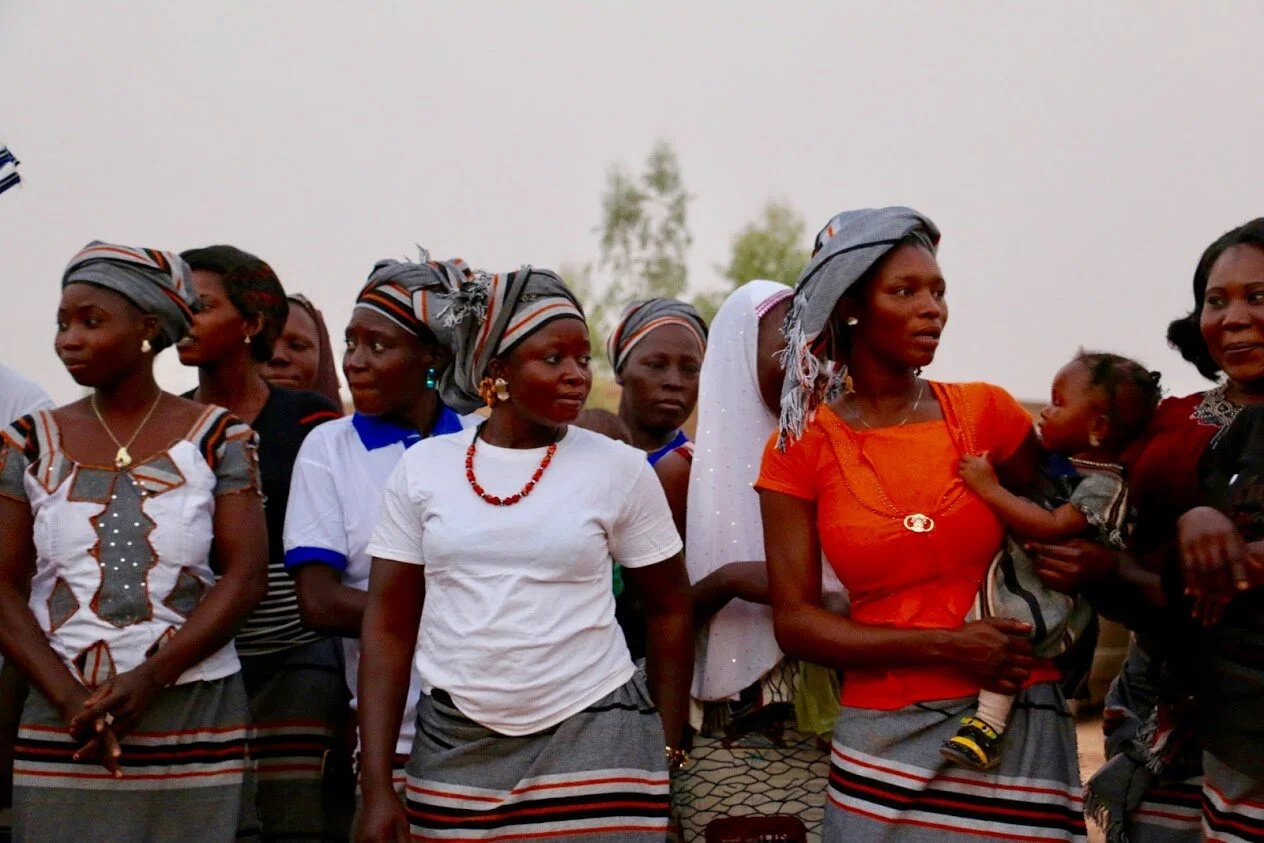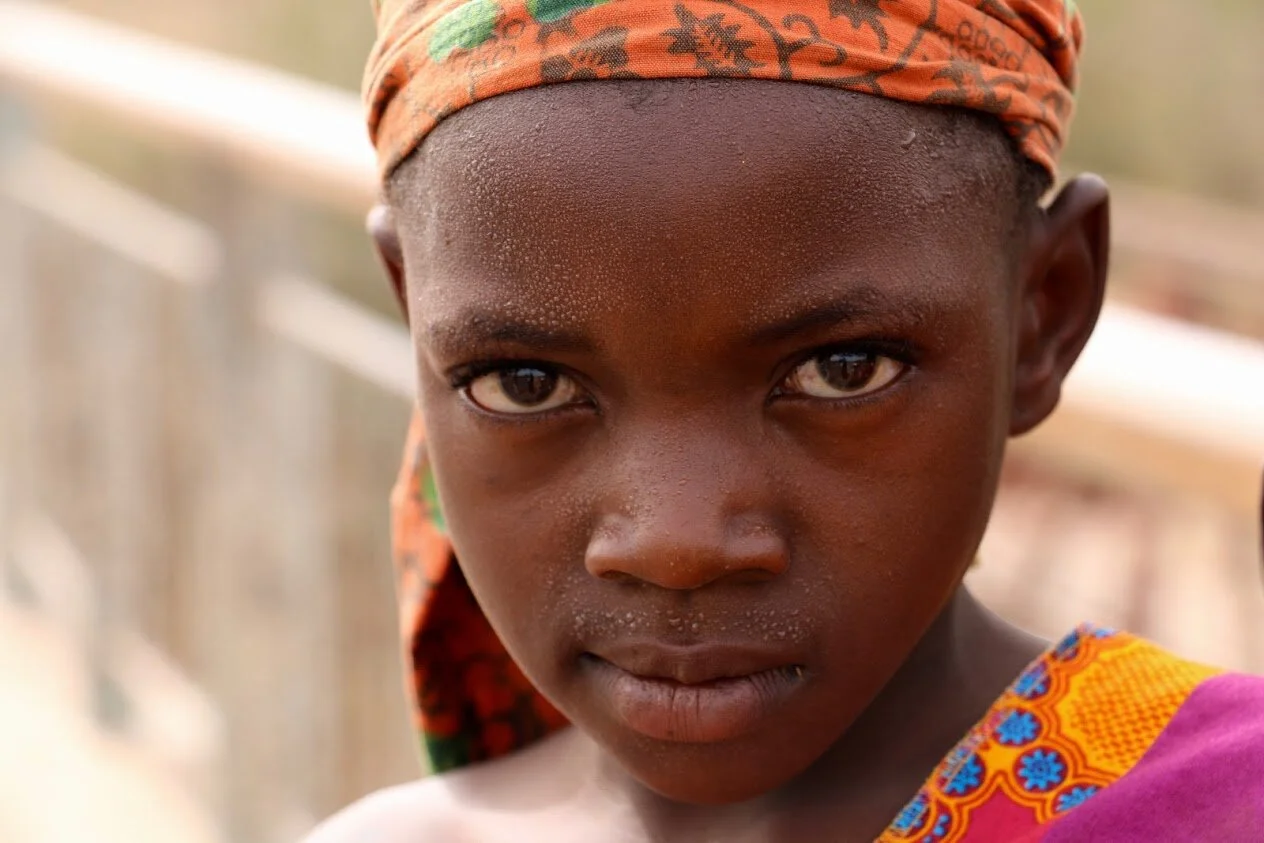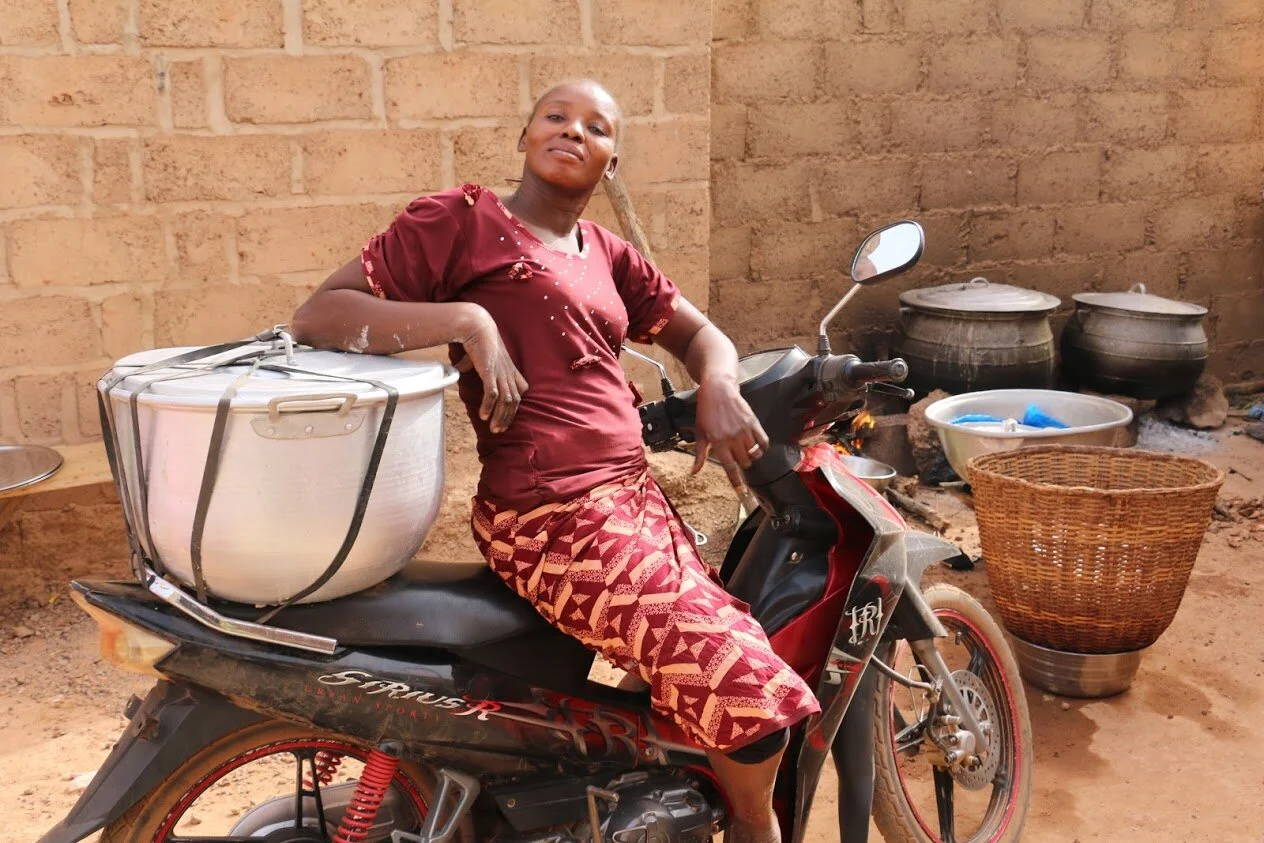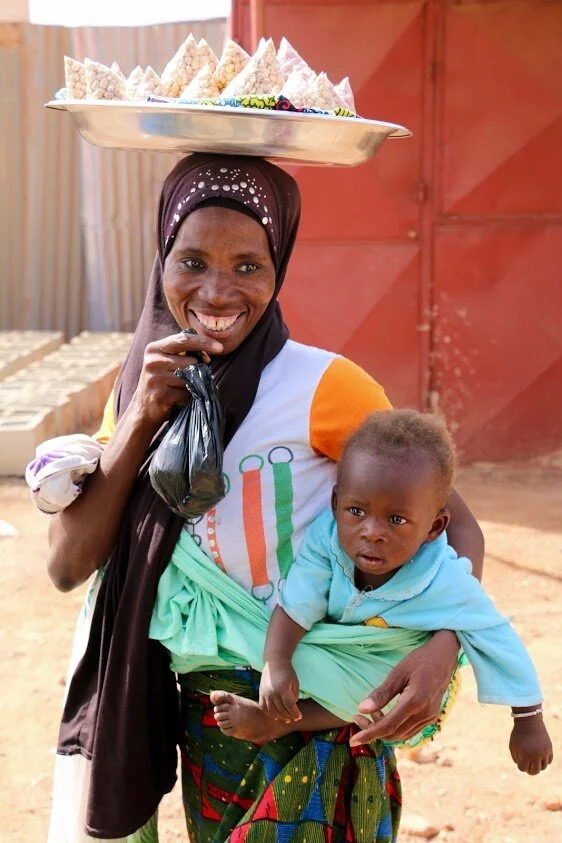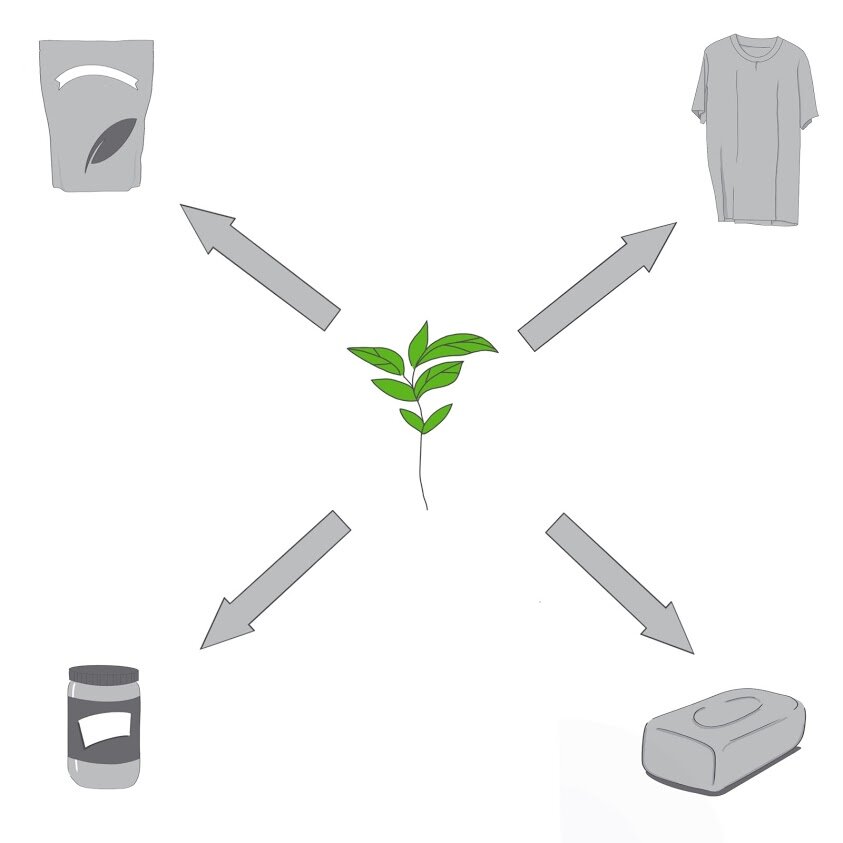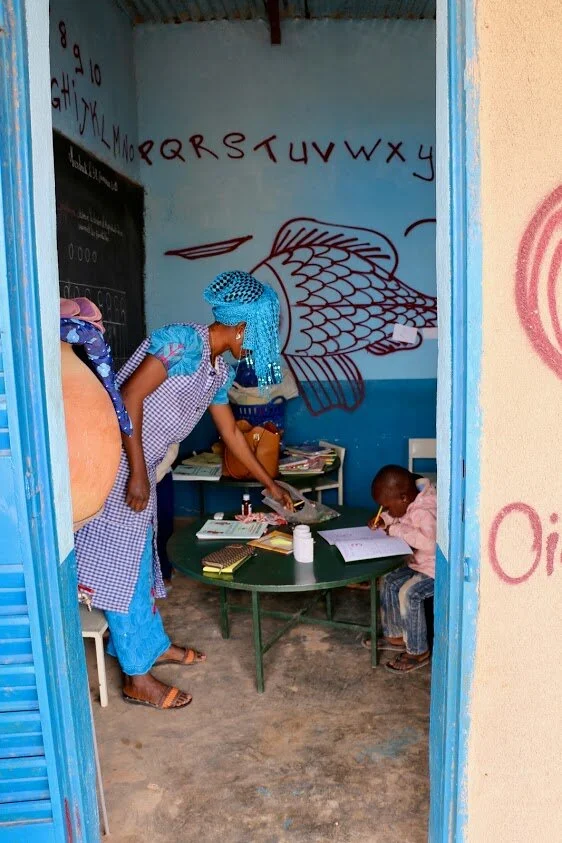Outcomes
Actions to reverse widow shock
When a woman is widowed in-law family pillaging can begin quickly. It is critical that timely help be provided. SWBA aims to support widows and their children through short term and long term actions:
early stable housing that she and the children can move to
food and cooked meals provided
reliable access to communicate with family and friends
dependable transportation to move belongings if needed
It is hoped that these short term actions can provide a safe space for the new widow and her children to grieve the loss of her husband and their father. Longer term actions are meant to provide a sense of ongoing tangible mutual support and hope for stability for the near future.
These actions are meant to contribute to the ultimate outcome of enhanced well-being of all widows and their children. SWBA’s focus is to walk alongside each other to halt the all too common trajectory toward extreme vulnerability and instability. This enables them to get grounded and move forward with decisions that increase their well-being.
Sustainable Development Goals
Enhancing the well-being of widows and their daughters and sons also means tackling 6 of the 17 United Nations recognized Sustainable Development Goals (SDGs), including:
No Poverty
Zero Hunger
Good Health and Well-being
Quality Education
Gender Equality
Decent Work
Reduced Inequalities
The shock of widowhood
In Burkina Faso and other West African countries, widowhood is a highly gendered affair. World Bank researcher Dominique Van de Walle calls it the “shock of widowhood” because it usually means that for the widow, most of the benefits historically considered conditional to marriage disappear, sometimes overnight. It often translates to loss of economic means, including access to productive assets like land and equipment, loss of housing and the loss of protection and status. Sometimes the children are lost too, usually to the husband’s family.
In contrast, a widower loses little, if any, economic means, and usually quickly replaces the wife. There is relatively less ‘shock’ or no ‘shock’ at all. In Africa, from their early 30s to early 80s, more than 80% of all men are married. Losing a wife does not usually change a man’s livelihood, status or scope of choices.
Widowhood is often a catastrophic, unexpected economic and social setback for most women losing their husband. Wherever they and their children were before they are afterward much further behind. They are probably and understandably traumatized, if not shocked, as they are afforded little or no time to grieve.
Widow and female-headed houses
The World Bank Report, Africa on the Rise, states the percentage of African women married peaks at 30 and lasts much shorter than men until by age 65 there are as many widows as married women. By age 80, 80% of women are widows. By the numbers, 10% of African women 15 and older are widows. Of all widows in Africa, 72% are the heads of their family (not with their family). Widow headed households (WHH) are perhaps much more numerous and common than widely recognized.
In Africa 25% of all households are now headed by females (FHHs). In Mali next door, similar to Burkina statistically, widows disproportionately head the poorest households. Widows and their kids are too often the poorest of the poor. Some are destitute. Some of their children end up on the streets because the mother can provide nothing. Impoverished widows and their kids appear to be too common across Burkina Faso.
All of these statistics are observed in Burkina Faso and Saaba, a small town pushed up against the encroaching capital Ouagadougou. In Saaba, widows and their kids, some children, some in their youth, are extremely vulnerable to long-term poverty, higher malnutrition, poorer health, and are at higher risk of HIV/AIDS.
Access to transportation and communications
If the widows have occasional and on-time access to cell phone unit cards they can hopefully take care of important legal, business or childcare matters. Through phone contact they are sometimes able to obtain or give the necessary information needed saving hours, expense and energy. SWBA will seek to provide a certain amount of cards upon request and especially for emergency situations.
Sometimes however one’s personal presence is often and frequently required meaning they will either need to walk, go by bike or take a taxi. Bikes will be made available for use with a rent then own process. Taxi vouchers will be made available on a timely basis.
Housing first
Borrowing from a best practice innovation in Western approaches to homelessness, SWBA promotes the concept of “housing first” as a key goal. The practice is to make households safe and stable by housing the widows and her children right away and then dealing with subsequent issues.
When Burkinabé women lose their husband, their next experience, sometimes even before receiving condolences and sometimes with violence, can be the loss of the home and many of their personal effects such as furniture and kids clothing. It is sometimes the case they are blamed for the husband’s death and they can be left destitute. Sometimes, clothing and furniture are lost simply because they have no means and place to move their personal effects. Getting widows and their children into a safe place quickly is a high priority and the first day, week and month of loss can be key.
Some widows can stay in their home or find their way back to family or friends, but most cannot. A mother will do what she has to do to provide shelter and food for her children. Around the world women will put their personal safety and mental health at risk to protect and provide for her children.
As the death of a husband is unpredictable, widows, both recently widowed and not, need to know, along with their legal rights, that they can go somewhere with their kids for support and safe shelter, and learn how they can save their personal effects if not their home.
Food security
In terms of access to food, WHHs range from being destitute to dislodged to chronically hungry to food insecure.
An early goal for SWBA is assistance in getting reliable and nutritious food for widows and their children.
Once acceptably food secure, SWBA will be involved in both augmenting their income to buy their food as well as gardening for family needs.
Education
For SWBA, widow education means at least 2 things; first she will receive non-formal training to learn how to make products for collective and personal sale. Also she learns to grow food, for personal use and for sale, through urban gardening. She will learn these skills in the collective process that SWBA employs in larger groups of widows where companionship and support accompany the hands on learning.
Second, usually before, during or after daily product making sessions with each other, the women are provided with training in literacy, numeracy, health with sessions like hygiene, food and nutrition training and HIV/AIDS awareness. SWBA’s education goal targets SDG 8 - Decent Work and Economic Growth recognizing it is a high value for widows. Getting widows to be able to successfully integrate into the economy goes far to target SDG 10 of Reducing Inequalities of women participating in a male dominated economy.
But there is also a more political side to their training provided in sessions around the legal rights of widows/orphans, conflict resolution and peacemaking, advocacy training around widows/women and their children’s rights, recognition and dignity culminating with actions planned for the National Day for Widows and Orphans on June 28, which SWBA had a key role in establishing.
For the daughters and sons of widows, it is well documented that there is increased prosperity with each year of formal schooling they take. These children will then be enrolled in safe, quality education with the outlook that they will have increased chances for economic prosperity, later marriage dates, better health rates, etc.

